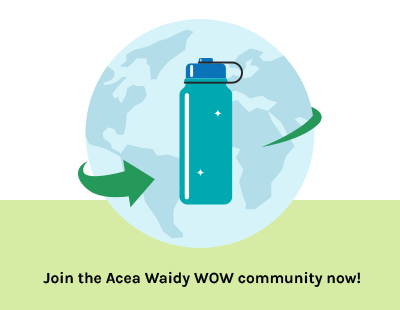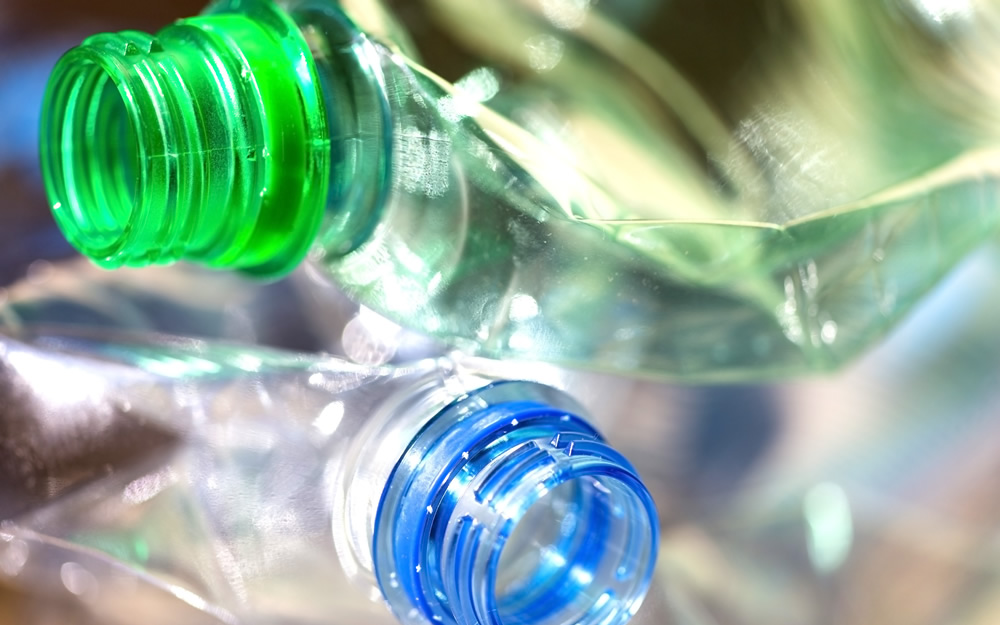- Home /
- Green life /
- What is greenwashing? Examples, meaning, and risks
What is greenwashing? Examples, meaning, and risks

Sustainability is one of the hot topics of the moment: it has become essential, both for institutions and companies, to raise awareness and inform citizens about their environmental impact.
In the context of sustainable communication, 'Greenwashing' is one of the most used terms. But what exactly does it mean? How does greenwashing work, and what are the risks for the planet?
What does greenwashing mean?
Following the increase in the population's interest in environmental issues and the growing attention towards sustainability, the phenomenon of greenwashing has become more and more popular. Many consumers are willing to pay more to buy ecological products, aware of their environmental impact. This trend has driven many companies to try to capitalize on what is green.
The term greenwashing describes a misleading marketing practice used by some companies to make their products or services appear sustainable, even if they are not. In other words, it is an attempt to present a company's image as green or environmentally friendly in order to attract consumers.
The combination of the words "green" and "washing" (literally "giving a green coat of paint") derives from the cinematographic term "whitewashing": the practice, now fortunately disappeared, of employing Caucasian actors for roles of other ethnicities.
When a company focuses media attention on grand ‘strokes of sustainability’, without providing technical data on production processes, one of the risks is delivering a greenwashing message.
How to tell if a product is green: examples of greenwashing
A company's business processes are part of an interconnected chain: from the recovery of raw materials to the disposal of the product by the user, a truly green company adopts a sustainable approach at every stage of production.
When a company only highlights one part of the production process, emphasizing its sustainable value without providing concrete data, it could be a case of greenwashing.
For example, a business that produces petroleum-based products could present itself as ecological only because it used recycled materials for sustainable packaging, even if the overall environmental impact of production remains substantial.
Greenwashing can take many different forms, even within the brand itself: a company may use green as the dominant color of the brand or abuse words like "organic," "natural," or "eco-friendly" without providing any certification.
Some companies may also sponsor environmental events or organizations to give the impression that they care about the environment, even if they are not committing to optimizing their production processes from a green perspective.
Why is it important to fight against greenwashing?
Falling into the trap of greenwashing can have negative risks and consequences for both the environment and citizens:
- A company that practices greenwashing deceives consumers, leading them to believe that they are doing good for the planet, despite minimal environmental efforts. This can lead to a loss of trust from customers and stakeholders towards the company;
- This phenomenon can divert attention from true sustainable practices, leading consumers to think that they have done their part: combating greenwashing helps promote genuine collective and individual commitment to sustainability;
- Misleading marketing increases competition between false green companies and companies that are genuinely environmentally friendly. Shedding light on this phenomenon helps promote equity among companies and support those that are really making a difference for the environment and society;
- Greenwashing can lead to a distorted perception of reality, making people believe that the sustainability problem has been solved when there is still much to do. If a fake green company sees its "efforts" rewarded, it may think that no further sustainable actions are needed.
The first step to fighting greenwashing is information. A conscious consumer pays attention to data, ecological practices, and the European sustainability standards adopted by businesses.
Companies can also do their part! Raising awareness about greenwashing practices helps people maintain high attention on real environmental challenges and promote concrete action to address them.
The road to genuine sustainability starts with your smartphone. Acea Waidy Wow helps you monitor your carbon footprint and reduce plastic waste through reuse and recycling. Explore the most beautiful routes in Italy and find the nearest water refill points to fill your container.
















